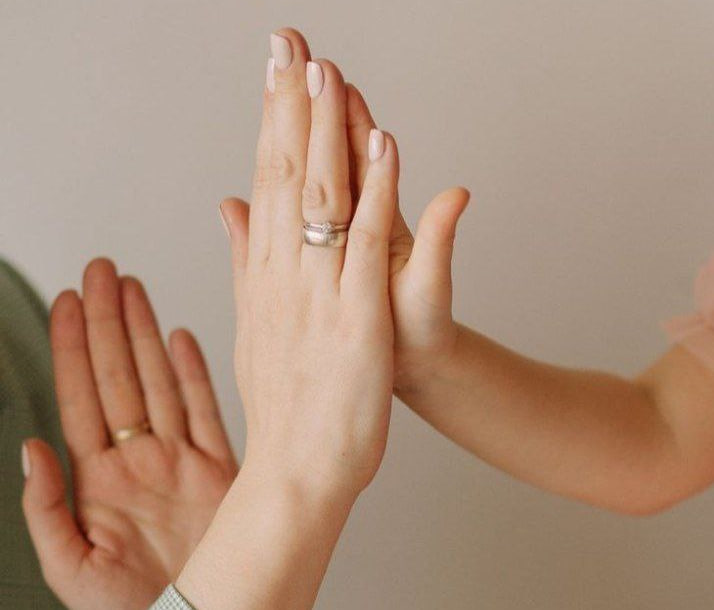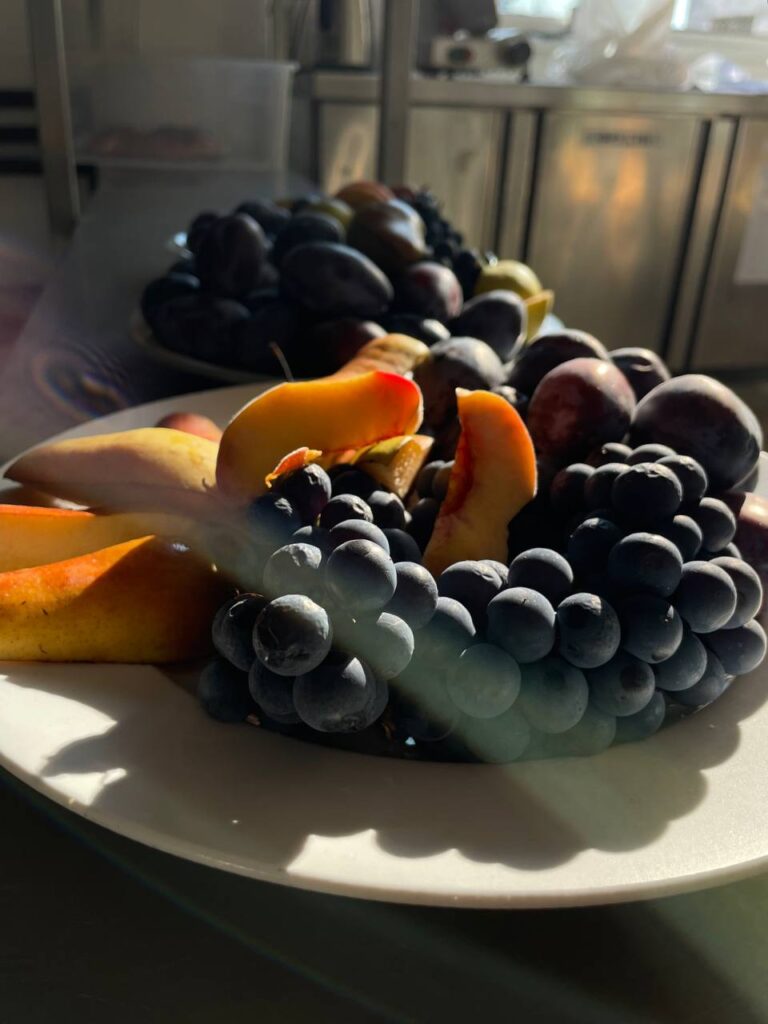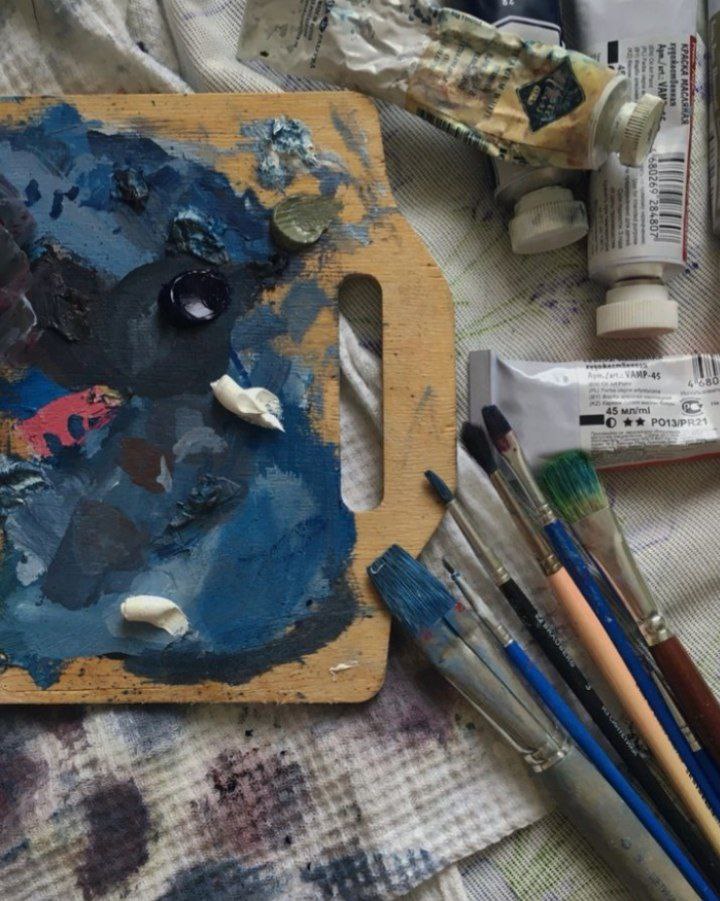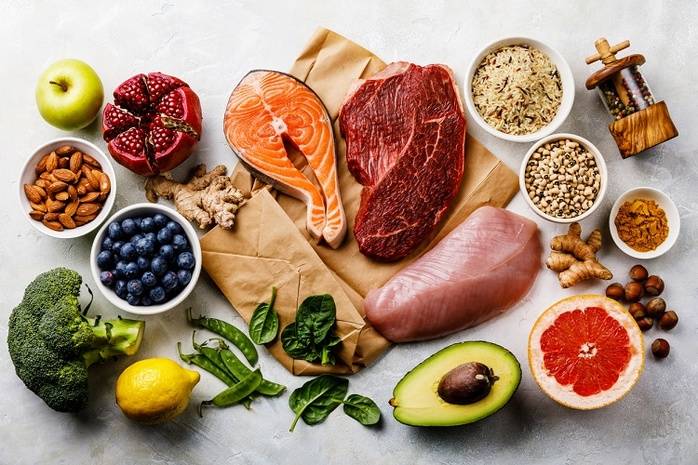Adapting to a new school is an important stage in the life of every child, which can be accompanied by both excitement and challenges.
At ‘My Horizons’ we strive to create an atmosphere of trust and support for each individual, so that every student feels part of a friendly school community. The first days at school are always about new experiences and acquaintances. Children learn to interact with classmates, adapt to new rules and routines. This can cause both excitement and some anxiety.
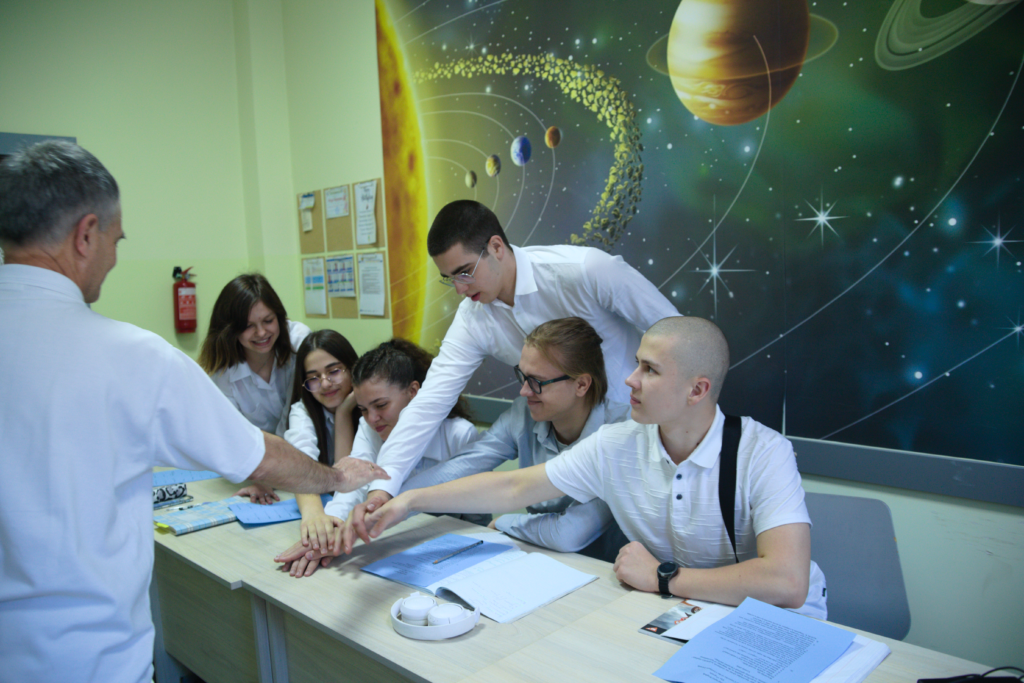
It is important that every student feels part of the community. For this purpose, we organise various games and activities, develop communication skills, teach children to work in a team, develop empathy and mutual respect.
Constant monitoring of the adaptation process by a psychologist allows us to identify difficulties in time and provide the necessary support. In individual work with students, we can discuss new impressions, fears or difficulties that arise during the first weeks at a new school. Together, we look for ways to reduce emotional stress and find points of support in the new environment.

Close cooperation between the psychologist and parents allows us to identify the individual needs of each child in time to make the adaptation process as comfortable as possible.
Together with the teaching staff, we analyse the condition of children who need more attention or support. This allows us to create an individual approach to each student, based on their needs and characteristics.
At the My Horizons Lyceum, we create an environment where adaptation becomes not only a step towards successful learning, but also towards harmonious personal development. Thanks to the coordinated work of a psychologist, teachers and parents, a child finds his or her place in school life, develops new abilities and builds strong social ties.

